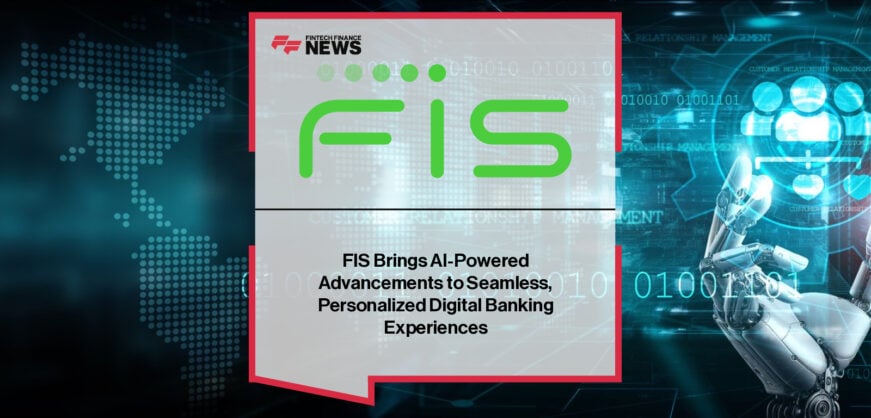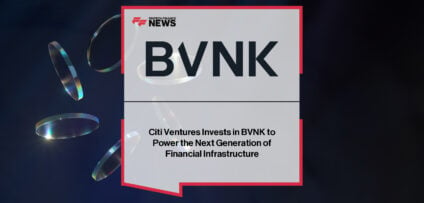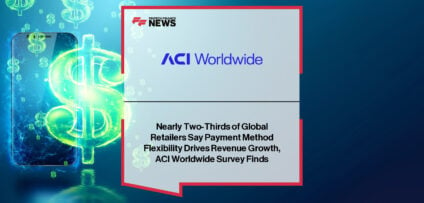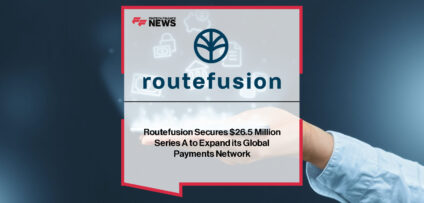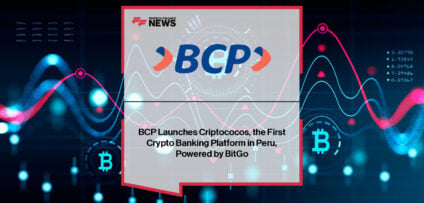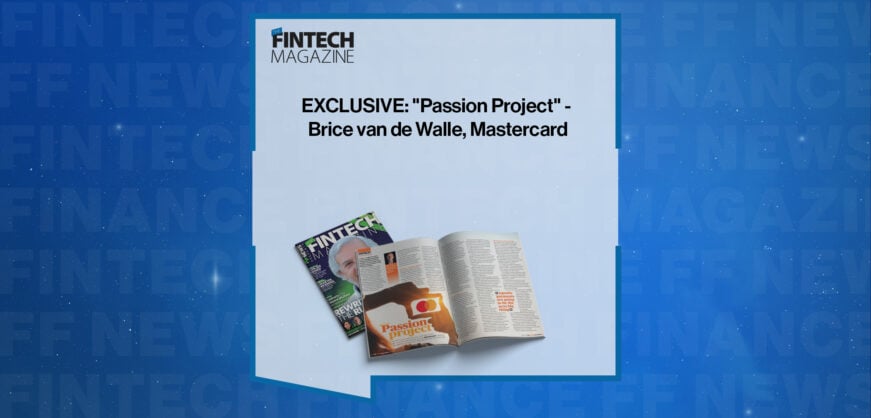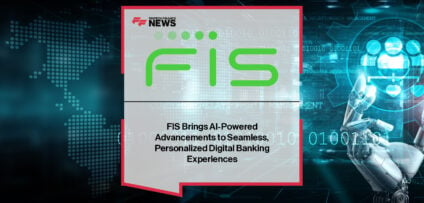Breaking News
Home » News » The “Fin”-ternet of Things: How IoT affects Financial Services

August 3 2015
The “Fin”-ternet of Things: How IoT affects Financial Services
Share this post:
The Internet of Things (IoT) is booming. There are staggering stats about a network to include 25 billion devices by 2020 with a nearly $2 trillion global economic benefit. While this “third industrial revolution” automatically brings to mind dramatic effects for the retail, manufacturing, transportation and energy industries, financial services doesn’t always come to mind. However, since the underlying value in IoT is the transfer of data, and the financial sector relies heavily on gathering and analyzing data, it’s hard not to imagine IoT disrupting the financial services industry. Financial institutions, especially retail banks, have invested increasing amounts of resources into developing both their internal infrastructure and consumer-facing technology capabilities. IDC Financial Insights predicts that retail banks will spend over $16 billion on digital information technology initiatives, and this spending will continue to increase. In fact, according to PWC’s 6th annual digital IQ survey, financial services is one of the top 10 industries that has been investing in sensors for potential IoT innovations.
The appeal of IoT is to make static, physical objects engaging and smart. More and more the customer experience will overtake price and product as the key brand differentiator. This means that potential customers will pick the brand that is easiest to work with, before they will consider price or brand loyalty. How can you transform the ATM experience by augmenting it with the smartphone or smartwatch and skipping the debit card experience? Retail banks can also mimic how retailers are starting to place sensors in stores to suggest product details, discounts and recommendations through the consumers’ smartphones. Recent research shows that consumers who receive personalized messages are nearly 20 times more likely to buy. By connecting the retail banking environment, banks can increase the adoption rate of extra lines of services dramatically with personalized, contextual messages.
This experience can also be taken outside of the retail banking outlet to the point of purchase, like when financing a new car. With banks competitively providing low interest rates, consumers will typically go with the financial institution that they’ve been recommended or exposed to the most. With IoT, when a consumer enters the dealership, it may be possible for retail banks to alert the consumer on how much financing they’ve been approved for or deliver customized loan proposals in a timely manner.
Another opportunity lies in the insurance sector. With regard to risk management, some car insurers are starting to offer usage-based insurance to align driving behavior with premium rates for auto insurance. With the emergence of telematics (in-vehicle telecommunication devices), cars are now able to transmit drivers’ behavior data back to the insurance companies so that they can assess drivers’ risks and premiums accordingly. This not only benefits insurers but also low-risk drivers because their reduced premiums are better representations of their safe driving behavior. Now, imagine a similar use case but with home insurance. With emerging smart home platforms, homeowners can voluntarily provide data about how they manage their households. Insurers can reward behavior like locking their doors when leaving their homes in order to lessen the risk of theft or turning off their stoves and ovens when not in use to minimize the risk of a fire. Until now, there was no measurable or reliable way to convey this information with home insurers. But now, with the Internet of Things and Smart Homes, all of this data can now be collected, managed and shared.
The “Fin”-ternet of Things is quickly becoming a reality for many financial services institutions. For companies to truly innovate and provide their customers with the experiences that they are expecting, connected products and environments need to be a part of the roadmap.
-
EXCLUSIVE: “Passion Project” – Brice van de Walle, Mastercard in ‘The Fintech Magazine’ Read more
The Fintech Magazine
-
FreedomPay Drives Global Merchant Innovation Read more
Event Videos
-
FIS Brings AI-Powered Advancements to Seamless, Personalized Digital Banking Experiences Read more
Fintech
-
Citi Ventures Invests in BVNK to Power the Next Generation of Financial Infrastructure Read more
Funding
-
Nearly Two-Thirds of Global Retailers Say Payment Method Flexibility Drives Revenue Growth, ACI Worldwide Survey Finds Read more
News
FIS Brings AI-Powered Advancements to Seamless, Personalized Digital Banking Experiences
FIS® announced a strategic partnership with Glia to deliver advanced AI-powered customer engagement capabilities across FIS' Digital One suite
Citi Ventures Invests in BVNK to Power the Next Generation of Financial Infrastructure
Citi Ventures has announced a strategic investment in BVNK, highlighting the shift toward digital asset-based infrastructure.
Nearly Two-Thirds of Global Retailers Say Payment Method Flexibility Drives Revenue Growth, ACI Worldwide Survey Finds
Global retailers are accelerating their multi-acquirer strategies to stay ahead, according to a new survey conducted by ACI Worldwide
Ipswich Town Selects IFX Payments as an Elite Partner
Ipswich Town Football Club has selected IFX Payments as an Elite Partner of the club
Cake Wallet Integrates xStocks, Letting Users Invest in Stocks Using Crypto.
Cake Wallet, an open-source, privacy-focused crypto wallet, today announced the integration of xStocks, a new feature that allows users to invest in tokenized stocks and ETFs directly through Web3 self-custody.
Routefusion Secures $26.5 Million Series A to Expand its Global Payments Network
Routefusion, a financial infrastructure provider enabling platforms and financial institutions to embed seamless cross-border payments and multi-currency account capabilities, today announced the close of a $26.5 million Series A funding round. The round was led by PeakSpan Capital, with participation from Silverton Partners, bringing the company’s total funding to $40.7 million.
BCP Launches Criptococos, the First Crypto Banking Platform in Peru, Powered by BitGo
Banco de Crédito del Perú (“BCP”), the largest bank and the largest supplier of integrated financial services in Peru, and BitGo, the digital asset infrastructure company, today announced the launch of Criptococos, the first banking platform in Peru, to enable the secure purchase and management of crypto assets. The launch is part of a pilot project authorized by the Superintendency of Banking, Insurance, and Pension Fund Administrators (SBS) and reflects BCP’s ongoing commitment to driving innovation in the financial system.
EXCLUSIVE: “Passion Project” – Brice van de Walle, Mastercard in ‘The Fintech Magazine’
Share this post: Share on LinkedIn Share on X (Twitter) Share on Facebook Share on […]
FreedomPay Drives Global Merchant Innovation
Share this post: Share on LinkedIn Share on X (Twitter) Share on Facebook Share on […]
FIS Brings AI-Powered Advancements to Seamless, Personalized Digital Banking Experiences
FIS® announced a strategic partnership with Glia to deliver advanced AI-powered customer engagement capabilities across FIS' Digital One suite
Citi Ventures Invests in BVNK to Power the Next Generation of Financial Infrastructure
Citi Ventures has announced a strategic investment in BVNK, highlighting the shift toward digital asset-based infrastructure.
Nearly Two-Thirds of Global Retailers Say Payment Method Flexibility Drives Revenue Growth, ACI Worldwide Survey Finds
Global retailers are accelerating their multi-acquirer strategies to stay ahead, according to a new survey conducted by ACI Worldwide
Ipswich Town Selects IFX Payments as an Elite Partner
Ipswich Town Football Club has selected IFX Payments as an Elite Partner of the club
Baghdadi Capital Group Selects nCino to Power Global Growth and Expansion Strategy
Baghdadi Capital Group has selected the nCino Platform to standardize and automate its global operations,




